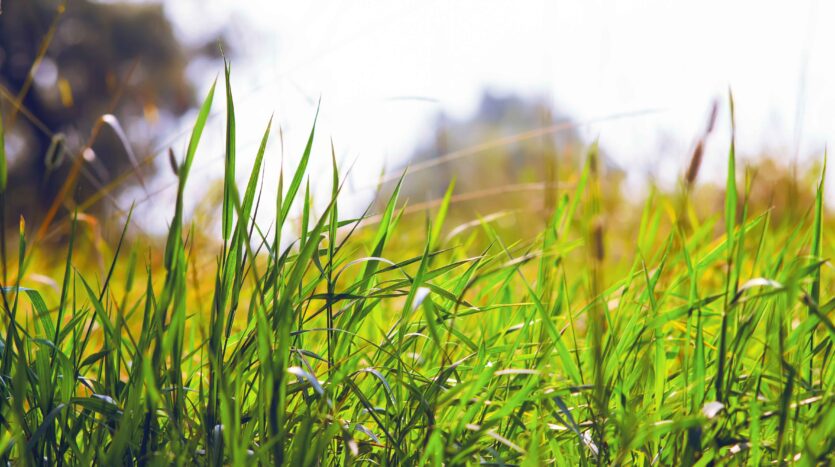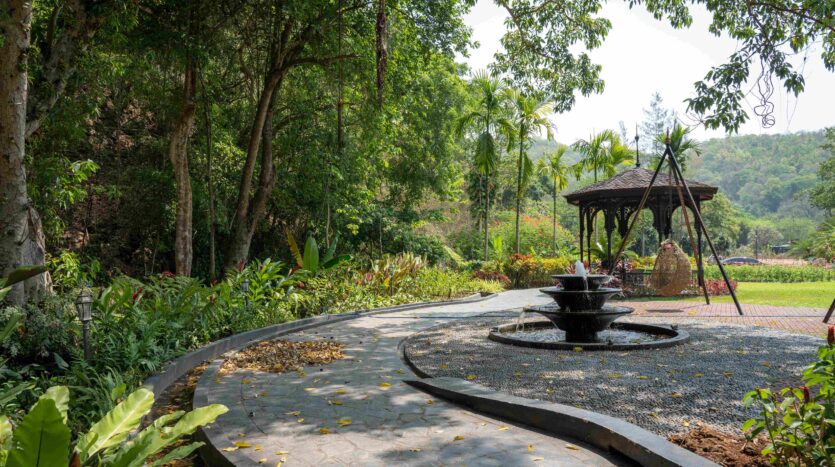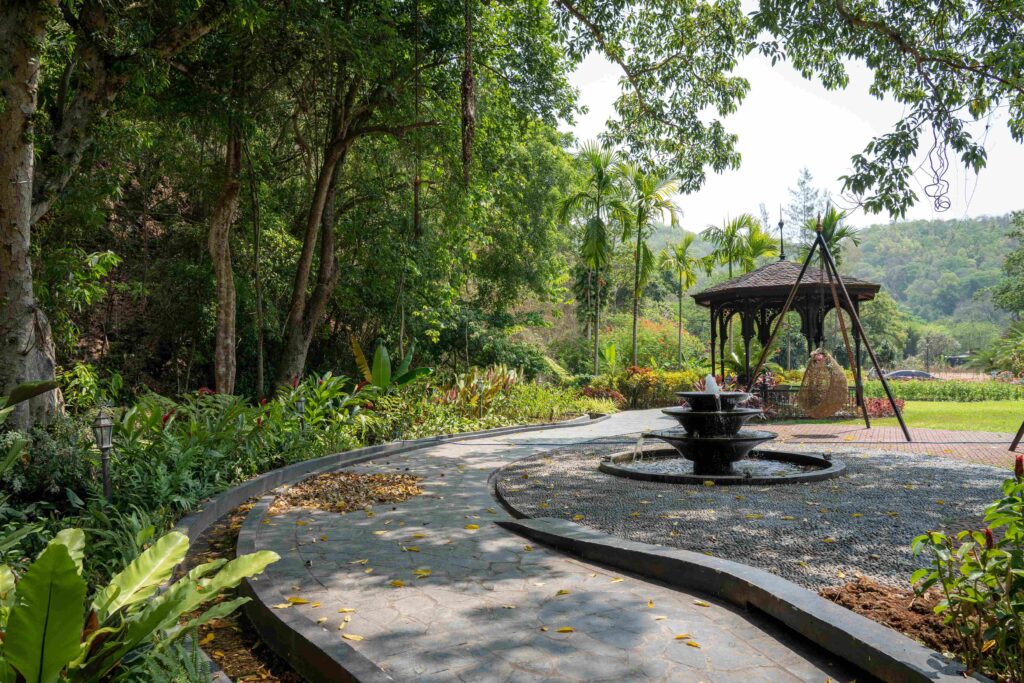Island Gardens in Rainy Season: Why Overgrowth Happens Fast
Island Gardens in Rainy Season: Why Overgrowth Happens Fast
Living in a tropical island paradise like Phuket or Koh Samui offers countless benefits—sunshine, sea breezes, and year-round greenery. However, if you own property here, you’ve likely noticed how quickly your island garden can transform from neatly maintained to wildly overgrown.
This is especially true during the rainy season, when growth seems to speed up overnight. But what exactly causes this rapid overgrowth? And what can property owners do to manage it effectively?
Let’s explore the reasons behind this seasonal change and how to stay ahead of it.
Why Plants Grow Faster During Rainy Season
In tropical regions, the rainy season typically begins around May and lasts through October. During this period, the weather brings a mix of daily rainfall, consistent warmth, high humidity, and bursts of sunlight. These ideal conditions act like fuel for plant life.
As a result, everything grows faster—trees stretch taller, vines spread wider, and weeds multiply quickly. What may seem like natural beauty at first can quickly become difficult to manage without regular maintenance.
The Hidden Risks of Overgrown Island Gardens
Overgrowth isn’t just about untidy appearances. If left unchecked, it can lead to more serious issues for your property.
Damage to Infrastructure
Roots from fast-growing trees can lift pathways or crack driveways. Dense branches and overhanging trees can damage roofs, block drains, or cause gutters to overflow—leading to water damage.
Increased Risk of Pests
Thick vegetation creates a perfect hiding place for pests like mosquitoes, rodents, ants, and even snakes. The more overgrown your garden is, the more likely it is to become a breeding ground for unwanted visitors.
Decreased Property Appeal
An unkempt garden gives the impression of a neglected property. For vacation rental owners, this can mean fewer bookings and lower ratings. For investors or those looking to sell, curb appeal is often the first thing potential buyers judge.
Managing Island Gardens Effectively During Rainy Season
To prevent overgrowth from becoming a serious problem, consistent and proactive maintenance is essential—especially during the rainy months.
Schedule Regular Garden Care
During rainy season, consider pruning and trimming every one to two weeks. This includes trees, hedges, grass, and ground-cover plants. The goal is not just to cut back, but to shape the garden in a way that allows for healthy, controlled growth.
Hire a Local Garden Team
Many owners try to manage gardens on their own or rely on occasional clean-ups. However, island gardens require experience and consistency. Working with a professional garden team ensures your plants are properly cared for and your garden is kept tidy year-round.
Check Drainage Systems
Overgrowth often blocks natural drainage, leading to standing water or soil erosion. Make it a routine to clear drains, gutters, and garden beds to ensure rainwater flows properly and does not cause long-term damage.
How Inter Property Helps Manage Island Gardens
At Inter Property, we understand that garden care is more than a cosmetic issue—it’s an important part of protecting your investment. As part of our full-service villa management, we provide ongoing garden maintenance tailored to the unique climate of Phuket and Koh Samui.
Our service includes preventive trimming, scheduled upkeep, seasonal care during storms, and regular reports with photos so you can monitor the health of your island garden from anywhere.
Final Thoughts: Embrace Nature Without Letting It Take Over
Island gardens are one of the most beautiful features of tropical living, but they come with their own set of challenges—especially during rainy season. By understanding why overgrowth happens so quickly and taking the right steps to manage it, you can enjoy your green space without the stress.
With a little planning and consistent care, your garden can remain a peaceful retreat no matter the season.



